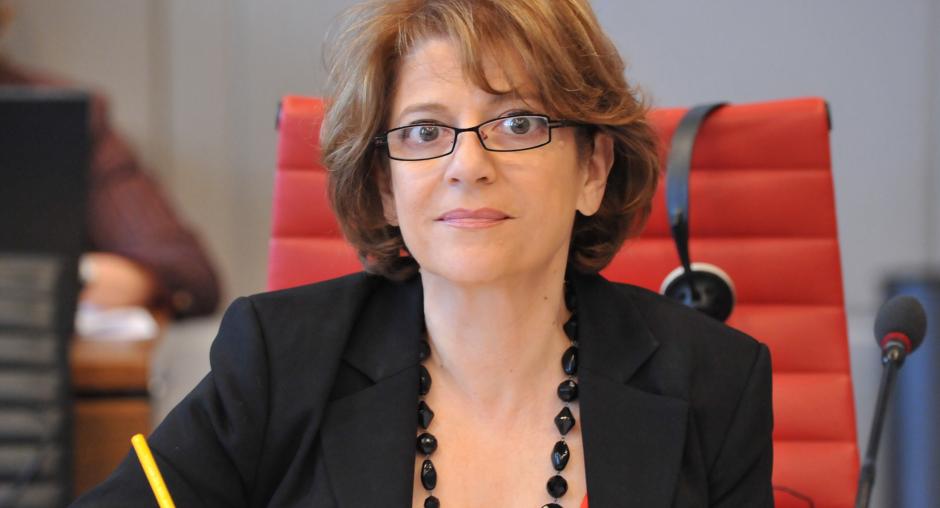OSCE Special Representative calls for greater co-operation to fight trafficking in the Baltic Sea region

The OSCE Special Representative and Co-ordinator for Combating Trafficking in Human Beings, Maria Grazia Giammarinaro, said at an international conference in St. Petersburg, Russia on 15 April 2013 that enhanced engagement and co-operation is essential in fighting modern-day slavery in the Baltic Sea region.
Russia currently holds the Presidency of the Council of the Baltic Sea States. The intergovernmental forum has 11 other member states: the European Commission, Poland, Lithuania, Latvia, Iceland, Estonia, Finland, Sweden, Norway, Germany and Denmark.
Speaking at a session that focused on a range of issues including trafficking in the maritime sector and the need for law enforcement agencies and child protection services to work together to combat child trafficking, Giammarinaro said a wide range of actors must unite their efforts.
“We need the engagement of the societies-at-large, the private sector, trade unions, labour inspectors, the media, youth and children’s organizations, human rights NGOs, religious organizations, migrants’ associations - all of them should have their role in creating a climate of zero tolerance towards exploitation,” the Special Representative said.
Giammarinaro added that Monday’s discussions in St. Petersburg marked a new step forward toward the consolidation of all anti-trafficking efforts in the Russian Federation and in the Baltic region, a part of the larger OSCE community.
“At the end of the day, what actually matters is the practical impact of a partnership on the situation of trafficking in human beings in a particular country and its impact on the safety of humans from exploitation and degrading treatment,” Giammarinaro said.
The two-day conference was jointly organized by the Ministry of Foreign Affairs of the Russian Federation and the Investigative Committee of the Russian Federation under the auspices of the Russian Presidency in the Council of the Baltic Sea States.
